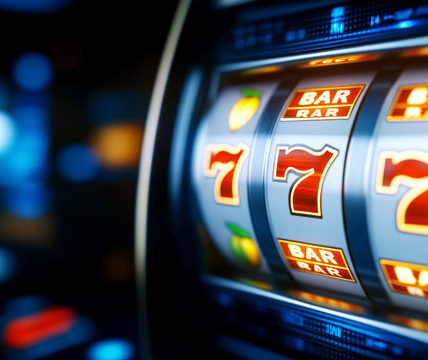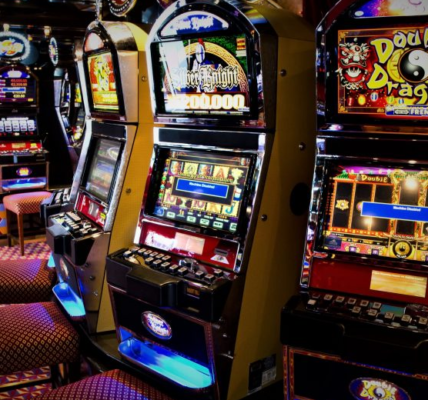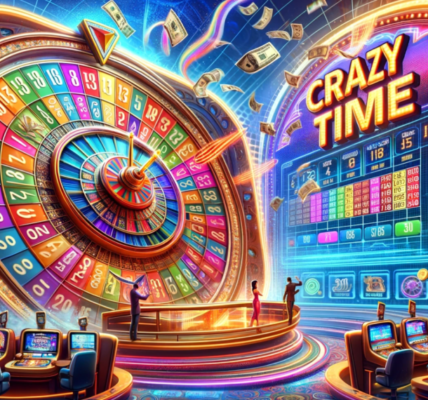LAYALAMA SLOT – In the digital era, where almost everything can be accessed with just a tap or click, online slots have emerged as one of the most popular forms of entertainment. With visually engaging graphics, catchy soundtracks, and the allure of big jackpots, it’s no surprise that millions of people log in daily to try their luck. But behind the fun and flashing reels lies a critical question: are online slots just harmless fun—or a pathway to digital addiction?
The Rise of Online Slots
Online slot games have evolved dramatically since their early days. What started as simple three-reel machines with fruit symbols has become a multibillion-dollar industry filled with high-tech features like 3D animation, themed adventures, and real-time multiplayer functionality. The accessibility of these games on mobile devices, tablets, and desktops means they can be played anytime, anywhere—from the living room couch to a bus stop.
The Appeal: Why They’re So Addictive
Several psychological and technological factors make online slots particularly compelling:
-
Instant Gratification
Every spin offers immediate results, keeping players engaged with rapid feedback loops. This continuous reward system can activate dopamine production in the brain, similar to other addictive behaviors. -
Sensory Stimulation
Bright visuals, engaging themes, and celebratory sound effects create a sensory-rich experience that holds attention and encourages prolonged play. -
Low Entry Barrier
Most online slots allow players to start with very small bets, creating a false sense of low risk. It seems affordable—until it isn’t. -
“Near Miss” Effect
The design of slots often produces results that almost result in a win, prompting the player to try again in the hopes that the next spin will be the lucky one.
Where Entertainment Crosses the Line
While many users play online slots casually, others find it harder to walk away. The line between entertainment and addiction blurs when:
-
Players chase losses.
-
Gambling affects work, relationships, or mental health.
-
Time spent playing increases steadily.
-
Real money is used despite financial difficulties.
The convenience of online access can make it even harder to stop, especially when platforms use bonuses, daily rewards, and streak incentives to keep users engaged.
The Role of the Industry
Online casinos and game developers have a responsibility to promote safer gambling practices. Some steps taken include:
-
Setting betting limits and reminders.
-
Offering self-exclusion tools.
-
Displaying time and money spent on sessions.
-
Partnering with organizations for responsible gambling.
However, critics argue that these measures are often buried in settings or easy to override.
Conclusion: A Balance Must Be Struck
Online slots, like many forms of entertainment, can be enjoyed safely when approached with awareness and limits. For some, they’re a fun distraction; for others, a dangerous trap. In an age where digital access is easier than ever, it’s crucial for both players and providers to understand the psychological impact and encourage responsible gaming. Ultimately, the question isn’t whether online slots are inherently bad—but whether we’re using them with control or letting them control us.




